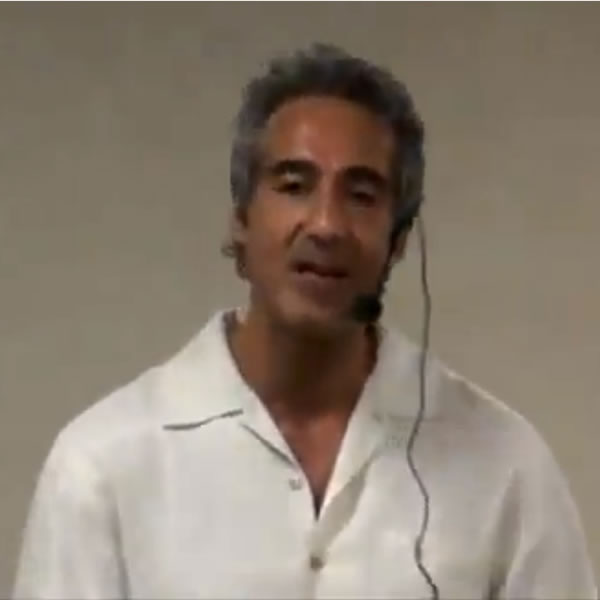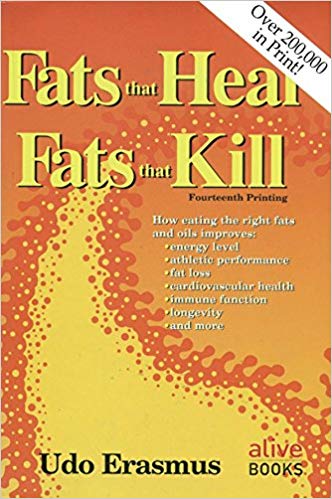By Ben Fuchs | Pharmacist Ben
The human body is a roiling, seething, cauldron of chemistry. An apparently solid mass, which is in reality composed of and home to hundreds of trillions of endlessly morphing molecules and many thousands of different biochemical entities, none more important than the misunderstood, much maligned and massively functional molecule called cholesterol.

By David Richfield (User:Slashme) and Mikael Häggström], via Wikimedia Commons
Cholesterol is THE key chemical entity of the human body. It distinguishes animals from plants (which do not make cholesterol), and plays and important part in muscle health, a well- functioning brain and nervous system and in helping maintain the moisturization and barrier properties of the skin. Yet of all the roles cholesterol plays in the helping sustaining the heath of the organism, none is more important than its parental responsibilities. Yes, cholesterol is a matriarch, a parent chemical that “gives birth” to many children.
The children of cholesterol are known as the steroid hormones. And the steroid hormones are the elites of the society of biochemicals. They regulate (i.e. control) many of the chemical reactions in the body. The cholesterol family is known for being hard working and very important in the society of the body. A couple of the offspring are Cortisol and Estrogen. These cholesterol children support the body in times of stress. Then there’s the virile and manly child Testosterone which is responsible for much of the body’s growth and repair. Pregnenolone and DHEA are cholesterol kids that are important for keeping the body happy and strong and resistant to disease. And perhaps the most potent and powerful cholesterol child, the one who has really made a name for himself in terms of impact is called Cholecalciferol, or as it’s more commonly known as Vitamin D. Thus, cholesterol is a parent, a chemical jumping off point, for many of the most important chemicals in the body. It is important stuff and a biological must-have.
Yet, sometimes the body’s cholesterol making machinery makes more than it needs. How much is too much, no one knows, (those silly cholesterol tests that measure HDL and LDL are based on correlations and statistics created by pharmaceutical companies that profit off the scores they invent) but the fact is that elevated cholesterol levels are associated with a leading cause of disease: dysglycemia and diabetes. But association is not cause. In fact, although elevated cholesterol levels are associated with diabetes it’s not the cause of messed up blood sugar, but rather an effect. This should come as no surprise. Biochemical breakdowns in blood sugar control messes up ALL of the body’s chemistry. Excessive cholesterol synthesis is an effect of poor blood sugar control. When you correct blood sugar and lower insulin secretion by changing the way you eat (basically eating less sweets, cereals, breads, pasta and potatoes among other sugar-rich foods) cholesterol synthesis slows down. It happens EVERY time! That’s because cholesterol synthesis is up-regulated as a result of the body being tricked by the intake of a high-calorie high sugar diet. These types of foods fool the body into initiating the processes of building cells and substance. And cells and substances require cholesterol.
In essence, excessive amounts of cholesterol are produced because of our lousy lifestyle choices. And, as always when it comes to lifestyle induced biochemical breakdowns, this is good news because we can fix the breakdowns simply by making better choices. Without drugs or doctors or health insurance. Reduce your intake of fast burning, high calorie carbs and your cholesterol levels will drop like a stone. And, it wouldn’t hurt to make sure you’re taking nutritional supplements that help the body process carbohydrates. Using niacin (200-500 mg timed release a day) and thiamine (500mg a day in divided doses) and chromium (200-600mcg daily, taken after meals) and magnesium (the glycinate form is best, try 1200mg daily) can help support sugar metabolism and they’ll help lower cholesterol as well. As a bonus you’ll lose weight and lower your blood pressure and reduce your risks of degenerative disease of all kinds and probably live longer too.



 Read as “117 over 76 millimeters of mercury”
Read as “117 over 76 millimeters of mercury”








